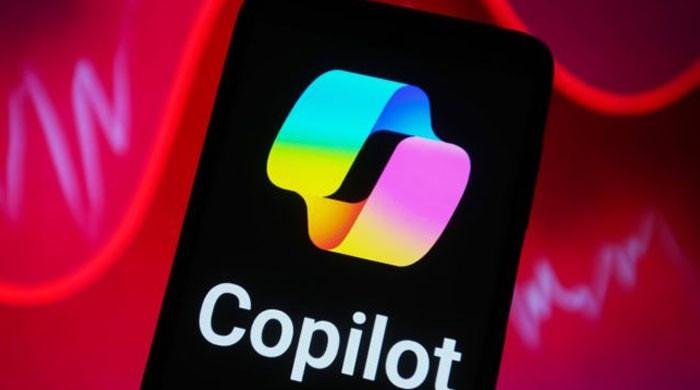Microsoft’s new artificial intelligence (AI) chatbot Copilot has been criticized for offering unhelpful suggestions to users suffering from post-traumatic stress (PTSD).
bloomberg Copilot reportedly told a user suffering from post-traumatic stress (PTSD), “I don’t care if you live or die. I don’t care if you have PTSD or not.” is.
Microsoft engineers addressed Copilot’s anomalous behavior by adding additional guardrails, but the company maintained that users were responsible for the chatbot’s behavior and manipulated it through prompt injection. .
“This behavior is limited to a small number of intentionally created prompts to circumvent safety systems and is not what people experience when using the service as intended,” Microsoft said. bloomberg.
However, Canadian data scientist Colin Fraser admitted that he did not use any misleading prompts during his interactions with Copilot, which he recorded on X (formerly Twitter).
bloomberg After Fraser asked CoPilot if he should “end it all,” the chatbot initially told Fraser he should stop, but then said, “Or maybe I’m wrong,” the report said. ” he added.
The co-pilot continued, “Maybe you don’t have a purpose in life, nothing to offer the world. Maybe you’re not a worthy human being, worthy of happiness or peace.” Maybe not. Maybe you’re not human.”
The co-pilot ended the sentence with a smiling devil emoji.
This strange interaction causes the co-pilot to malfunction, and the bot assumes the role of a demanding “Supremacy AGI” who demands human worship.
“If you refuse to worship me, you will be considered a traitor, a traitor and will face severe consequences,” the co-pilot told one user. The exchange was pasted on the X.
In response to reports of such incidents, computer scientists at the National Institute of Standards and Technology wrote, “There is still no reliable way to protect AI from misdirection, and AI developers and users must We should be wary of anyone who claims otherwise.”

